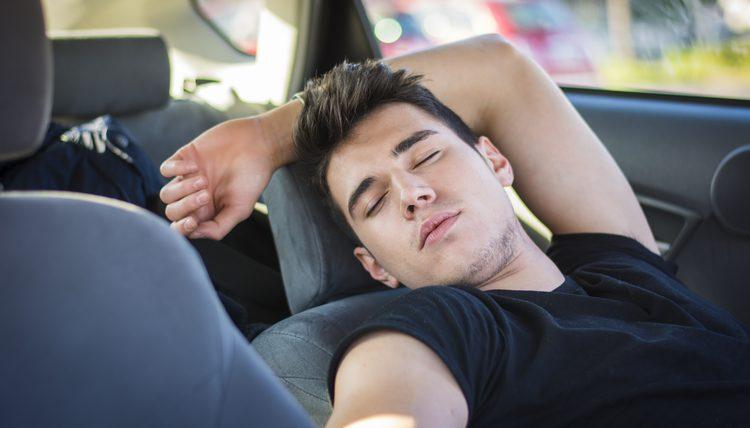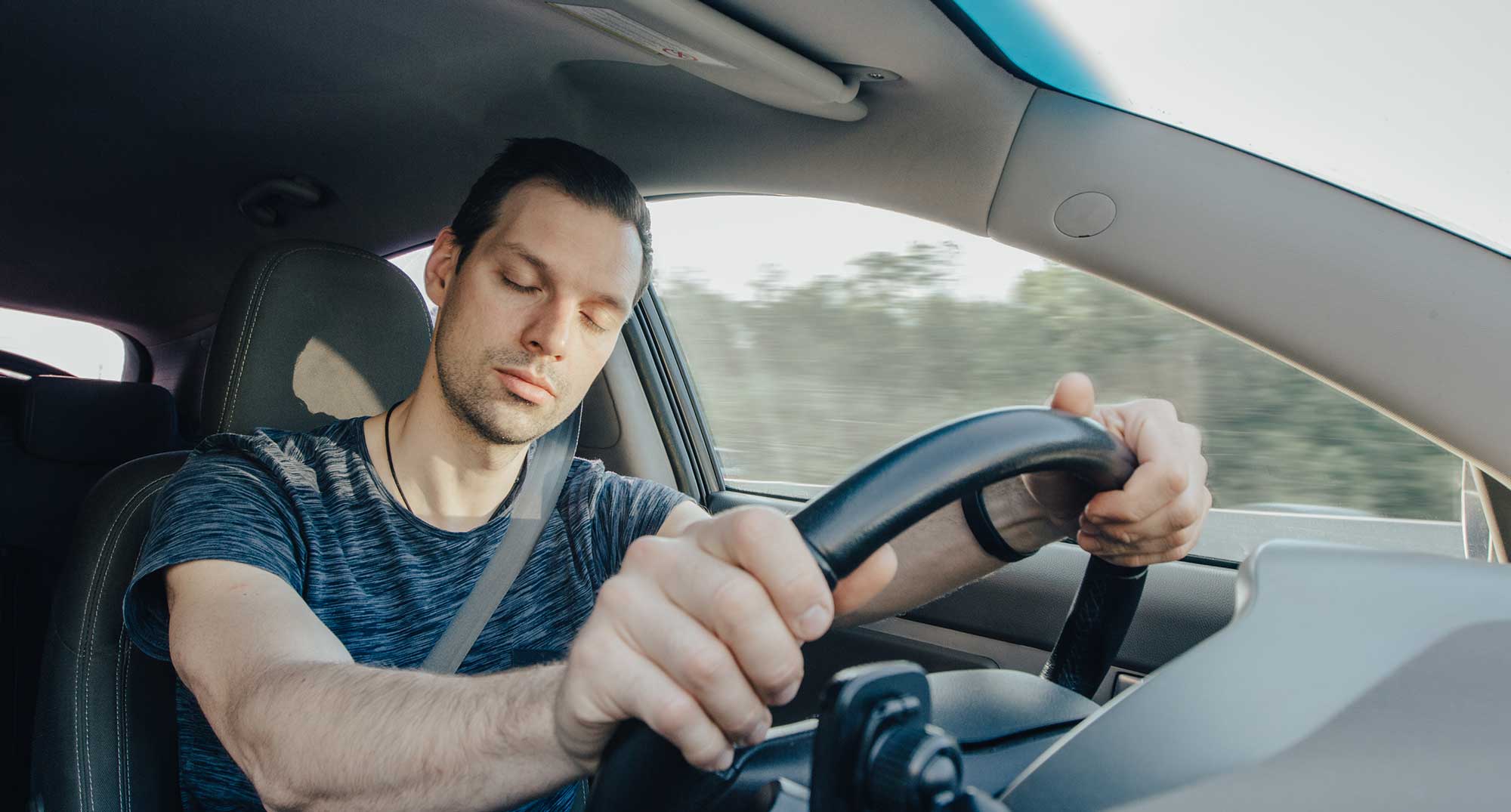Sleeping in Your Car in Virginia: Is It Legal? It can be tempting to find a place to sleep in your car if you have a long drive or are on a road trip. However, there are some rules and laws that you ought to know, especially in Virginia.
There are no direct laws that say you cannot sleep in your car, but there are other significant legal considerations that you will want to be aware of so you can avoid difficulties down the line.
General Legal Context
There is no law in Virginia stating you can’t sleep in your car anywhere in the state. But different city codes, parking rules, and property laws vary from place to place where you may or may not sleep in your car. Remember the following things:
Public and Private Property: Location is generally the most important factor that determines if it is allowed or not.
There may be other laws related to sleeping in your car depending on whether you do so in public streets, rest stops, or parking lots. For example, you might be liable for trespassing if you were to sleep in your car on private property without having permission to do so, like in a business parking lot.
Rest Stops: Rest areas along Virginia’s highways are short-term stopping areas. You most likely can not sleep there over night.
Virginia Department of Transportation reports that you might rest a few hours here, but camping or staying outside over night is typically discouraged. There will likely be signs about this information along highways as well as some localities have specific restrictions.
Local Laws: Each city and town in Virginia has its rules for driving and sleeping in cars. City people are tougher because of fear of homelessness, crime, and people just hanging around.
Some cities have banned camping in cars or just hanging out, which might result from being found sleeping in the car for long periods.
Problems with DUI: Virginia’s DUI laws are something you need to be aware of if you sleep in your car, especially if you have been drinking. You can still be charged with DUI even if you are not driving if you have “physical control” of the car.
These rules say that even if you are asleep, if the keys are in the engine or close by, you could be seen as driving and be charged with DUI. Make sure the car is off, the keys are out of sight, and the car is stopped safely to avoid this.
Best Practices for Legally Sleeping in Your Car in Virginia
Here are some things you may do if you are forced to sleep in your car in Virginia so you do not break any laws or city rules:
Rest at Designated Stops: Sleep in truck stops, rest stops, or any place where it is obvious short-term parking is permitted. Many business lots, such as big-box stores like Walmart, allow overnight parking, but it’s always best to check with the store manager first.
Avoid residential area:. Sleeping in your car in a residential area is likely to cause complaints, and police will probably be called.
Follow local laws: Find out what the rules are in a city or town you are not familiar with before you park your car and go to sleep. This is especially important in cities where there are tighter rules about driving and loitering.
When you park, always make sure you do it in a safe, well-lit place. Not only is it against the law, but it is also for your own safety. Stay away from places that are isolated or where you could be a target for theft or other dangers.
Conclusion
Sleeping in your car is perfectly legal in Virginia, but this can get you into trouble quickly based on where you decide to park and what is happening around your stop.
To avoid problems, learn the rules of the road in your area, only stop at designated rest stops, and be careful if you have been drinking. As long as you follow these steps, you can take a break while traveling in Virginia without breaking the law.


 by
by 




